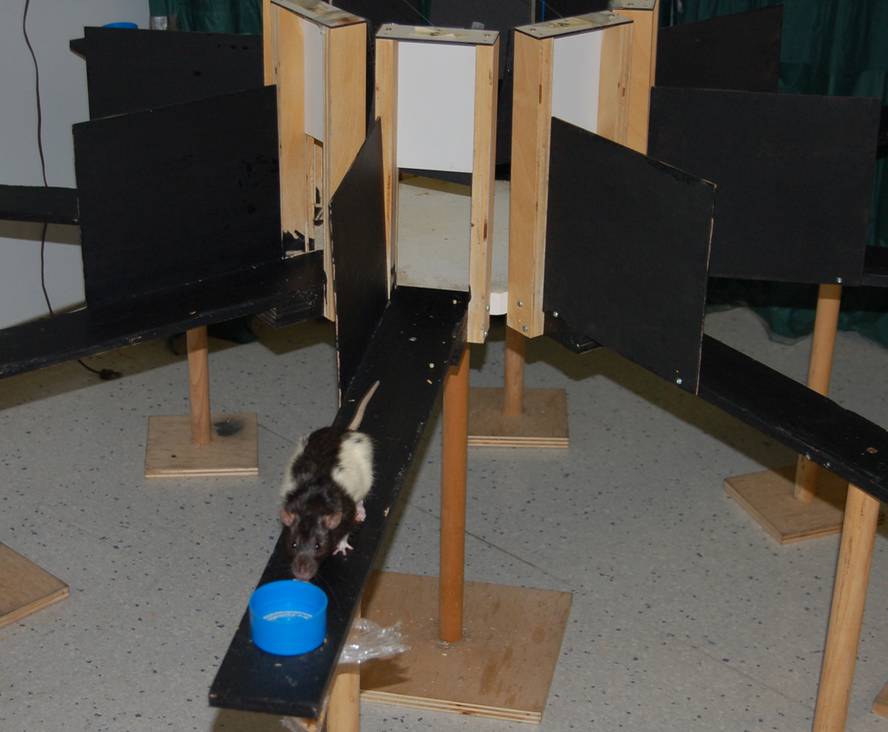The molecule considered key to memory is not as important as thought
This molecule is the enzyme Protein kinase M, which became popular since 2006 because it seemed essential for memory and storage. This is what they concluded in an investigation carried out in that year, and other subsequent investigations have reinforced this conviction. In fact, most research has focused on blocking or increasing the protein kinase M-zeta. For example, by injecting a peptide called ZIP into the brain, blocking the enzyme has allowed the removal of different types of memories in research with rodents, flies, and marine blasts. In 2011 the memory of some rats was strengthened by the injection of viruses containing copies of the protein kinase M-zeta gene. However, the investigations that have been carried out have now followed another path. One team from Johns Hopkins University and another from the University of California have separately created transgenic mice without memory enzymes. And mice have had no memory problem, nor in any of the groups. In addition, both teams have shown that ZIP peptide manages to remove memories, although mice do not have the protein kinase M-zeta enzyme. Therefore, these last two researches have shown that, not only the M-zeta kinase protein is not as important as they thought before, but they still have many questions to answer to their performance. The journal Nature has published its research.






